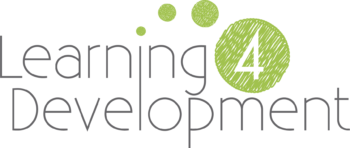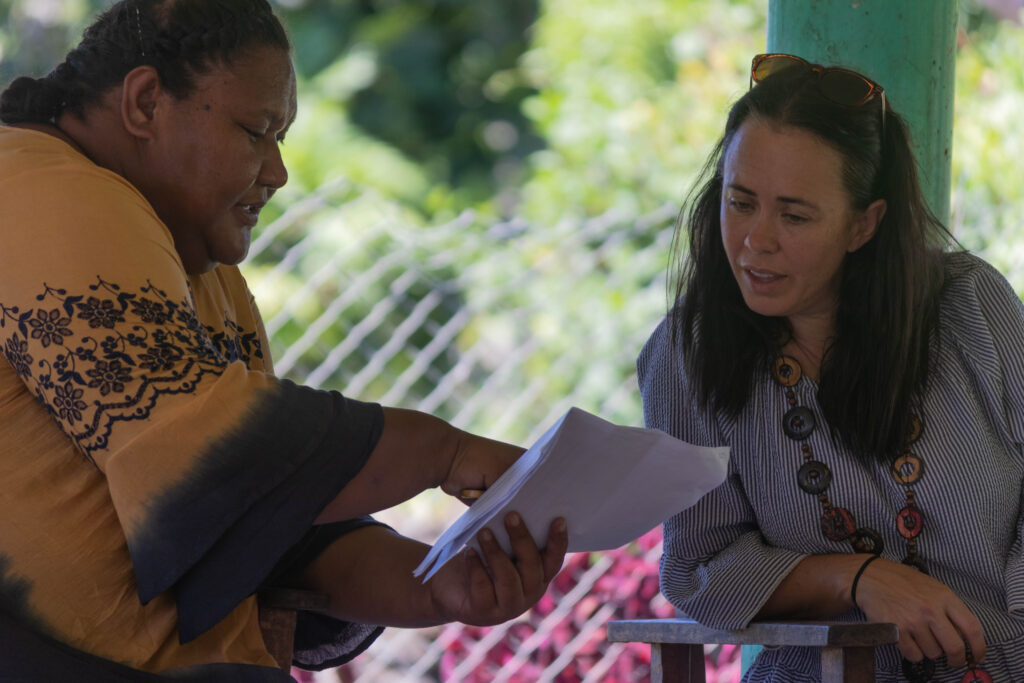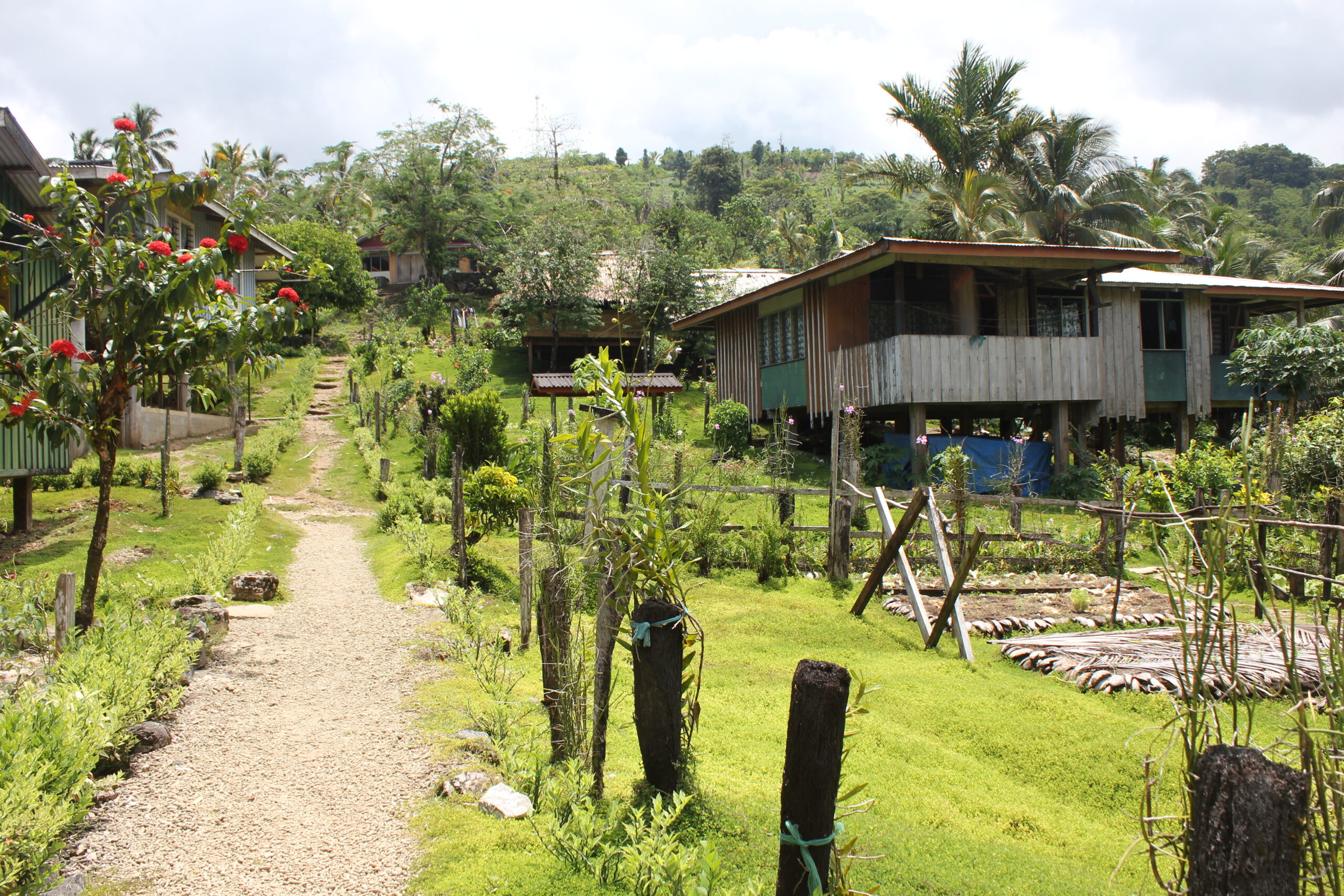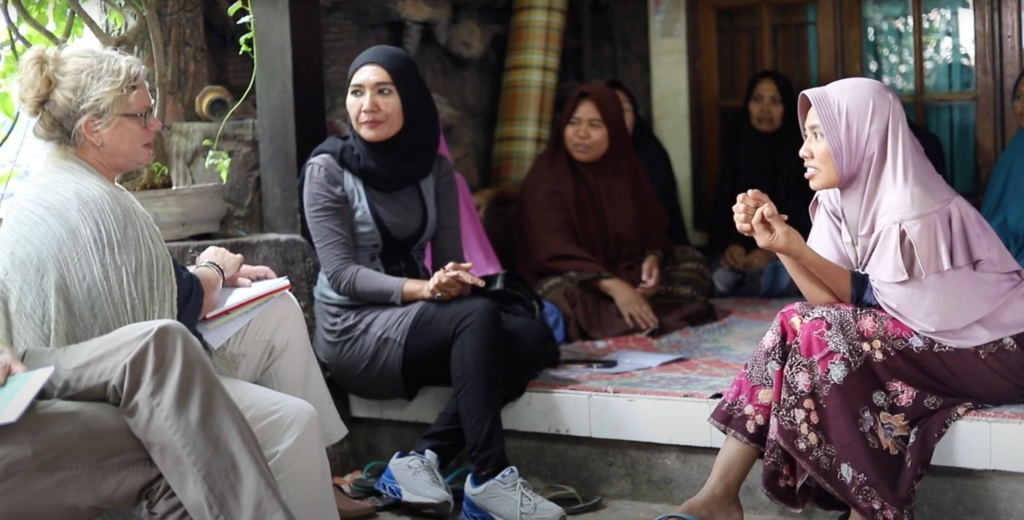Design: We lead and support designs of complex development programs and public-private initiatives. Our participatory design approach keeps local experts, rights holder organisations, and affected communities at the centre. Recent designs include Investing in Women: Women in Inclusive Sustainable Economic Recovery (WISER), an $80-million multi-country women’s economic empowerment program in Southeast Asia funded by the Australian Government Department of Foreign Affairs and Trade, and the Australia-Laos Human Rights Technical Cooperation Program, implemented by the Australian Human Rights Commission and DFAT.
Monitoring and Evaluation (M&E): As specialists in mixed method qualitative evaluation, we evaluate international development and humanitarian programs. We specialise in participatory methods and facilitating reflective processes to ensure team learning. The L4D team are M&E leads and thematic experts for programs working in Gender, Disability and Social Inclusion (GEDSI), public health and women’s economic empowerment. We specialise in program design, mid-term reviews and end-of-program evaluations, and also serve as long-term advisers to programs throughout the Pacific as GEDSI and M&E advisors.
Research and Learning: We provide research support to clients on a vast range of topics including Indo-Pacific vaccine equity, global standards and practice on PSEAH, the care economy in Southeast Asia, women in leadership in the Pacific, and neglected tropical diseases in Pacific Island countries. We draw on our network of specialists to provide clients with local expert assessments to feed into policymaking and program design. Learning within teams is a priority of every DMERL assignment for Learning4Development. In addition to facilitating reflective processes, we also create learning products, including e-Learning materials and digestible communications pieces, including infographics, and videos. Recent trainings designed by Learning4Development include executive leadership training for Solomon Islands Senior Women in Business, and governance skills for the Papua New Guinea Institute of Directors.



